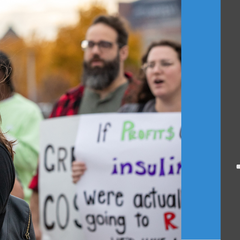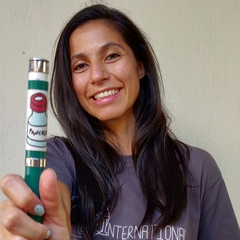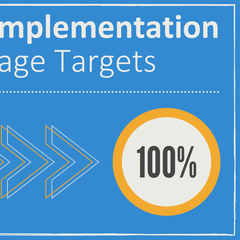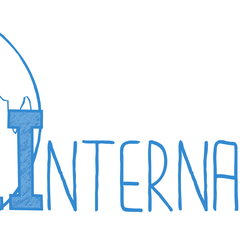
T1International Advocates Win: WHO Adds Long-Acting Insulin Analogues to EML
1 Oct 2021, 2:45 p.m. in News & Statements by T1International
T1International’s global community of people living with and affected by diabetes and their allies celebrates a monumental advocacy win as the World Health Organization (WHO) announced the addition of long-acting insulin analogues to the Model List of Essential medicines (EML). T1International staff and volunteers around the world submitted testimony in large numbers in support of analogues being added to the EML.
T1International Global Advocate Yemurai Machirori in Zimbabwe shared, ‘’The way my quality of life and health have improved because of analogue insulin is incomparable, I have experienced my best years with diabetes on analogue insulin than NPH. They truly are a gift to the diabetes world, one that everyone with diabetes deserves to experience!’’
Sobia Aziz Siddiqui, a representative of one of T1International’s advocacy partners in Pakistan, Meethi Zindagi, said, ‘’If I could use and have access to long acting insulin analogues, my life would definitely be more smooth and less scary compared to when I use NPH.’’
Patients around the world are celebrating the addition of long-acting analogue, which will increase access to this type of insulin for everyone. The Essential Medicines List (EML) is frequently used by countries to help develop their own local lists of essential medicines. While it is not a law, this list carries a lot of weight globally. The addition of long-acting analogues is a signal to all governments in the world that this type of insulin is considered essential. It takes us further away from a tiered health system where the rich get the 'good' insulin and the poor only have access to older, 'worse' types of insulin.
The WHO's press release notes the following: "The move to list long-acting insulin analogues (insulin degludec, detemir and glargine) and their biosimilars, along with human insulin, is intended to increase access to diabetes treatment by expanding the choice of treatment. Inclusion in the List means that biosimilar insulin analogues can be eligible for WHO’s prequalification programme; WHO prequalification can result in more quality-assured biosimilars entering the international market, creating competition to bring prices down and giving countries a greater choice of products."
This success is a huge step towards global equity in diabetes treatment, and more needs to be done. T1International is hopeful that this news will lead to increased pressure on insulin manufacturers and will make it more difficult to justify the outrageous prices charged for a medicine that people depend on to live. More governments will likely add long-acting analogues as priority within their own health system, which could lead to pressuring the industry to lower their prices.
T1International is determined to keep fighting for equity by advocating for short-acting insulin analogues to be added to the list during the next round of updates. Furthermore, the T1International community will continue raising our voices together to make sure the EML becomes a reality in practice and to demand that pharma make the essential affordable. One hundred years after the discovery of insulin, this step by the WHO is welcomed and long overdue.








